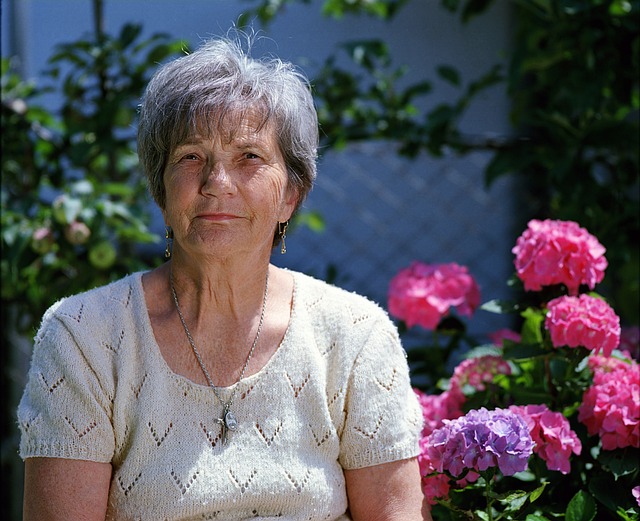Navigating the intricacies of caregiving for aging loved ones can be a challenging and emotionally taxing journey for families. The role of elderly companion services has become increasingly significant in offering respite and support, enhancing the well-being of both caregivers and seniors. This article delves into the benefits of these services, guides on finding trustworthy providers, and strategies to seamlessly incorporate them into family caregiving plans, ensuring a harmonious balance for all involved. A deeper understanding of elderly companion services can pave the way for effective support systems that alleviate stress and promote healthy dynamics within families caring for elders.
- Understanding the Role of Elderly Companion Services in Alleviating Caregiving Stress
- Identifying and Accessing Reliable Elderly Companion Service Providers
- Strategies for Integrating Elderly Companion Services into Family Caregiving Plans
Understanding the Role of Elderly Companion Services in Alleviating Caregiving Stress

Elderly companion services play a pivotal role in mitigating the stress experienced by family caregivers who are tasked with looking after aging loved ones. These services offer companionship, emotional support, and assistance with activities of daily living, allowing primary caregivers to take respite from their responsibilities. By providing professional caregivers who are trained to engage with seniors in meaningful ways, elderly companion services help maintain the social connections and cognitive engagement that are crucial for the mental well-being of older adults. This not only improves the quality of life for seniors but also provides families with much-needed relief from the demands of caregiving. The presence of a dedicated companion can alleviate feelings of isolation, reduce stress, and offer peace of mind to both the senior and their family members, knowing that their loved one is in good hands during times when the primary caregiver needs to step away for personal or health reasons. These services are designed to be flexible and adaptable, offering a range of support from a few hours a week up to around-the-clock care, thus fitting seamlessly into the existing care plan and providing a critical safety net for families navigating the complexities of elder care.
Identifying and Accessing Reliable Elderly Companion Service Providers

When families seek caregiving relief for their elderly loved ones, identifying and accessing reliable elderly companion services is paramount. These services offer not just assistance with daily tasks but also provide companionship that can greatly enhance an elder’s quality of life. Prospective service users should begin by researching local agencies specializing in elderly companion care. Utilize online directories or government resources that vet and list certified providers, ensuring a standard of care. It’s advisable to read reviews and ask for recommendations from healthcare professionals or community centers familiar with the services offered. Additionally, considering the credentials and experience of the caregivers, as well as their approach to personalized care, can help families choose a companion service that aligns with their loved one’s needs and preferences. Engaging with these services not only provides respite for caregiving family members but also fosters a meaningful relationship for the elderly, contributing to their overall well-being and emotional support.
Strategies for Integrating Elderly Companion Services into Family Caregiving Plans

Integrating elderly companion services into family caregiving plans can significantly alleviate the responsibilities and stress often experienced by primary caregivers. These specialized services are designed to provide companionship, assistance with daily activities, and support for medical needs, thereby complementing the care provided by families. A key strategy is to assess the elderly individual’s specific requirements and then tailor companion services accordingly. This ensures that the support is not only appropriate but also enhances the quality of life for the senior. Families can benefit from discussing with healthcare providers the potential roles and benefits of companion services, which may include medication reminders, light housekeeping, or engaging in social activities. By establishing a clear communication channel between family members and service providers, expectations are set realistically, and the elderly receive consistent, compassionate care. Additionally, involving elderly companion services allows families to plan for respite care, ensuring that primary caregivers have opportunities to rest and attend to personal needs without compromising the care their loved ones require. This collaborative approach not only supports the well-being of seniors but also promotes a sustainable caregiving arrangement within the family.






